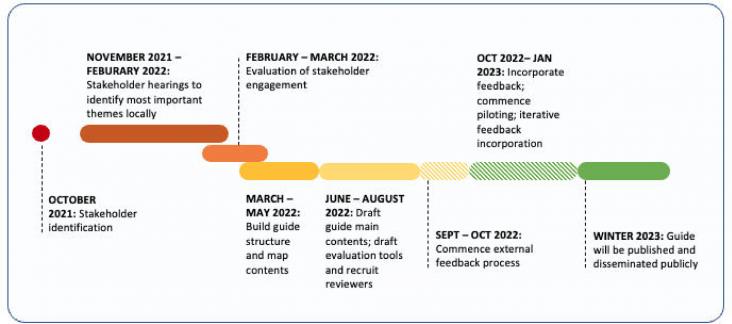This chapter advances Goals 4 and 10 by educating hand surgeons on how to be true allies and how to increase diversity and inclusion.
Partner content
Global CitizenGlobal Citizen, 7th February 2020
Millions of children globally cannot attend school because they live on less than $1.90 a day. The article explores the relationship between SDGs 1 and 4.
The results of this research suggest that social support and sleep quality are important factors mediating the relationship between sedentary behavior and negative emotions in adolescents during a COVID-19-related home confinement in Shenzhen.
The goal of this article is to offer relevant support to midwives working with First Nations families.
This article aims to identify and break barriers in order to implement the best care for First Nations' mothers.
Dismantling racism in health care demands that medical education promote racial justice throughout all stages of medical training. The development of any anti-racism curriculum in medicine requires the ability to identify racial bias in practices we have not previously recognized as explicitly racist or unjust.
Microplastics are plastic pieces smaller than 5 mm in size. They are considered emerging contaminants due to their toxic effect on living organisms.

Climate justice and health education can address the disproportionate health impacts of climate change on minoritized communities by providing frameworks to build awareness and instigate action on climate-related health inequities.
This paper focuses on raising awareness of disability among Saudi university graduates.
This article ties to SDG 3 & 4. The present study adapted and assessed the efficacy of a brief psychological group intervention, the STAR program: Strengths, Transitions, Adjustments and Resilience for university students who are Internally Displaced Persons (IDPs).The present study adapted and assessed the efficacy of a brief psychological group intervention, the STAR program: Strengths, Transitions, Adjustments and Resilience for university students who are Internally Displaced Persons (IDPs).
